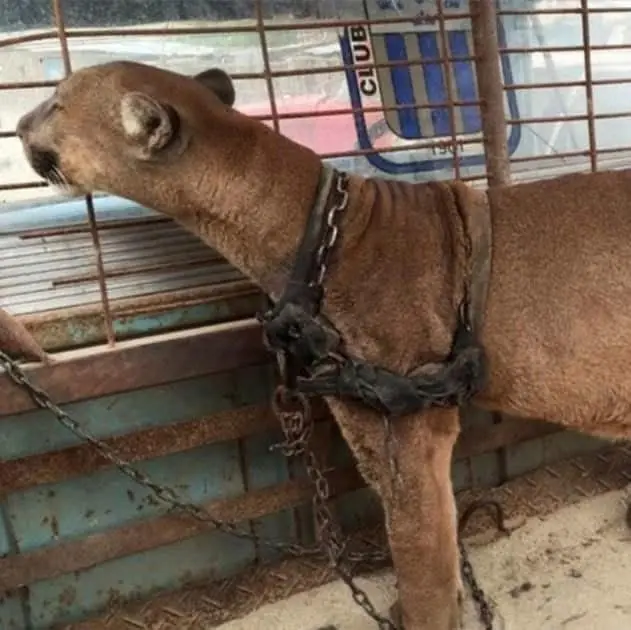
He inherited a house standing in the middle of a lake… Yet what he found inside completely changed his life
The phone rang just as Caleb Mercer was flipping an omelet in the pan. Garlic sizzled in melted butter, casting a golden aroma throughout the kitchen. He wiped his hands on a faded kitchen towel and frowned at the screen — an unknown number.
“Hello?” he said curtly, eyes still on the pan.
“Mr. Mercer, this is your family’s notary. I need you to come to my office tomorrow morning regarding an inheritance. There are documents that require your signature.”
Caleb’s brow furrowed. His parents were alive and well, and he didn’t know of any relatives who might leave him anything. He didn’t bother asking questions — just muttered a confused acknowledgment and hung up, the hum of the call lingering in the air.
The next morning was wrapped in a thick, gray fog. As he drove through the quiet streets of Hartford, a vague unease settled into his stomach. The notary, a serious-looking man in a dark coat, stood waiting at the front of an old brick office.
“Come in, Caleb,” he said. “I understand this might seem... unusual. But if it were a trivial matter, I wouldn’t have called you in on your day off.”
The office, usually bustling with clients and staff, was eerily silent. Caleb took a seat opposite the desk, arms crossed, suspicion mounting.
“This is about your uncle — Malcolm Grayer.”
“I don’t have an uncle named Malcolm,” Caleb said flatly.
“Nonetheless,” the notary replied, sliding a set of objects across the desk, “he’s left everything to you. A house. Personal belongings. And... some very specific instructions.” On the desk lay a heavy, ornate key, a weathered map, and a slip of paper with an address.
“A mansion... on the water,” the notary said. “It’s yours now.”
“Is this a joke?”
“No joke. The estate is located in the middle of Lake Quinsley, right in central Connecticut.”
Caleb picked up the key. It was cold and carved with strange, faded symbols. He had never heard of Malcolm Grayer or Lake Quinsley. Yet curiosity stirred within him, that familiar tug of mystery stronger than logic or doubt.
An hour later, his backpack was packed: some clothes, water, snacks, and a flashlight. The lake was only forty minutes away according to the GPS. That alone surprised him — how had he never known about a place like this, practically in his backyard?
When the road ended, Lake Quinsley stretched before him — glassy, dark, and impossibly still. In its center loomed a mansion, dark and grand, as if it had risen straight from the water’s surface.
By the water’s edge, a group of elderly men nursed steaming mugs of coffee on a weather-beaten café porch. Caleb approached them cautiously.
“Excuse me,” he asked, “the house on the lake... do you know who used to live there?”
One man slowly lowered his cup, eyes narrowing.
“We don’t speak of that place,” he said. “No one goes there. Was supposed to disappear a long time ago.”
“But someone lived there, right?”
“No one we ever saw. Just boats that come and go at night. Restocking supplies. We don’t know who, and we don’t want to know.”
At the pier, a hand-painted sign read: Mae’s Boat Rentals. Inside, a woman with graying hair and deep lines under her eyes studied him silently.
“I need a boat to the house on the lake,” Caleb said, handing her the key. “I inherited it.”
Her lips tightened. “No one goes out there anymore. Not unless they have a damn good reason.”
“I do,” Caleb said. “Please.”
She paused, weighing something unspoken in her mind. Finally, she exhaled.
“All right. I’ll take you. But I won’t wait. I’ll come back tomorrow. Be ready.”
The journey across the lake was quiet. Mist hugged the surface like breath, the mansion growing larger with each stroke of the motor. When they arrived, the boat thudded softly against the dock.
Mae glanced up at the looming structure. “God help you. Be here in the morning.”
And then she was gone.
Caleb stood alone. The air smelled of moss and decay — and something else, something ancient. The key fit easily in the lock. With a dull click, the door creaked open.
Inside, the air was dusty, but not stale. Like someone had been here... recently. Heavy curtains veiled tall windows. Dozens of portraits lined the walls. One caught his eye — a man standing by the lake, with the mansion behind him. The plaque beneath read: Malcolm Grayer, 1964.
In the library, books lined the walls — many annotated in the margins with careful, obsessive handwriting. A telescope faced the window. Notebooks were stacked beside it, filled with weather data, moon cycles, sketches of birds. The most recent entry: two weeks ago.
“What were you looking for?” Caleb whispered.
In the bedroom, every clock had stopped at different times. On the dresser, a locket. Inside, a baby’s photo. The name etched beneath: Mercer.
Had he been watching him all along?
On the mirror, a handwritten note:
“Time unmasks what memory hides.”
In the attic, stacks of newspaper clippings. One headline circled in red:
“Boy Missing from East Hartford — Found Unharmed Three Days Later.”
Date: 1999.
Caleb stared. That was him.
In the dining room, a chair was pulled out. On it lay a photo from his elementary school — the very one he remembered taking, now curled at the edges.
“This is more than strange…” he muttered, a chill crawling down his spine.
Later, after a cold meal scavenged from the pantry, he collapsed onto a guest bed, unable to sleep. The house whispered. Floorboards sighed. Outside, the lake gleamed with moonlight.
Who was Malcolm Grayer? Why had no one ever mentioned him? And what was his connection to Caleb’s life?
Just as he began to drift off, a sharp metallic sound jolted him awake — a clang, deep and final. Then another. Like a door being opened below.
No signal on his phone. Only the reflection of his own anxious face.
He grabbed the flashlight and stepped into the hall.
The library felt colder. A breeze stirred the pages of an open book. Behind a tapestry he hadn’t noticed before, he discovered a hidden iron door. His breath caught in his throat.
The handle was cold, reluctant. But it turned.
A spiral staircase wound downward beneath the house, under the lake itself. The air grew damp and metallic, scented with salt and time.
At the bottom stretched a dimly lit corridor lined with labeled cabinets: Genealogy, Experiments, Correspondence.
One drawer read: Mercer.
He opened it.
Dozens of letters — all addressed to his father.
“Why won’t you respond? He deserves to know.”
“I never stopped watching. He matters, even if you can’t see it.”
Caleb’s hands trembled.
At the end of the corridor: a steel door labeled “Authorized Access Only – Grayer Archive.” No handle. Only a palm scanner. A note:
“For Caleb Mercer. Only you.”
He pressed his hand to the pad.
Click. The room lit up with a soft hum. A projector blinked to life. On the wall appeared the face of an older man — gray-haired, somber-eyed.
“Hello, Caleb,” the man said. “If you’re seeing this, I’m gone.”
“My name is Malcolm Grayer. I... am your biological father. You weren’t supposed to find out like this. But perhaps it’s time you knew.”
He spoke of science, isolation, fear. Caleb’s mother had died in childbirth. Malcolm, broken by grief and fear, had given Caleb to his brother and stepped away — watching only from a distance, too afraid to interfere.
“But I never stopped caring,” Malcolm said. “Never stopped believing you’d grow into someone strong. Someone better than me. This house, this place — it’s your legacy, and your choice.”
The screen faded to black.
Caleb sat in silence for a long time.
By dawn, Mae was waiting at the dock. Her face softened when she saw him.
“Are you all right?”
“I think I am now,” he said quietly. “I just needed to understand.”
That afternoon, Caleb confronted his adoptive parents. They didn’t deny it. They just embraced him.
“We did what we thought was best,” his mother said. “Maybe we were wrong.”
“You gave me love,” Caleb replied. “That’s never wrong.”
Weeks passed. He returned to the house on the lake — not to live in its shadows, but to illuminate them. He restored it as a center for climate and historical research. Children ran through its halls. Researchers visited. Locals brought stories and coffee.
The mansion no longer belonged to whispers and ghosts.
It belonged to life.
News in the same category


Anya, hi. I feel really awkward asking, but could you possibly lend me a couple thousand?

At school, they laughed at the girl whose family had no roof over their heads

"Why Don't We Just Take the Secret Car Daddy Drives?" My Son's Innocent Question While Cleaning the Car
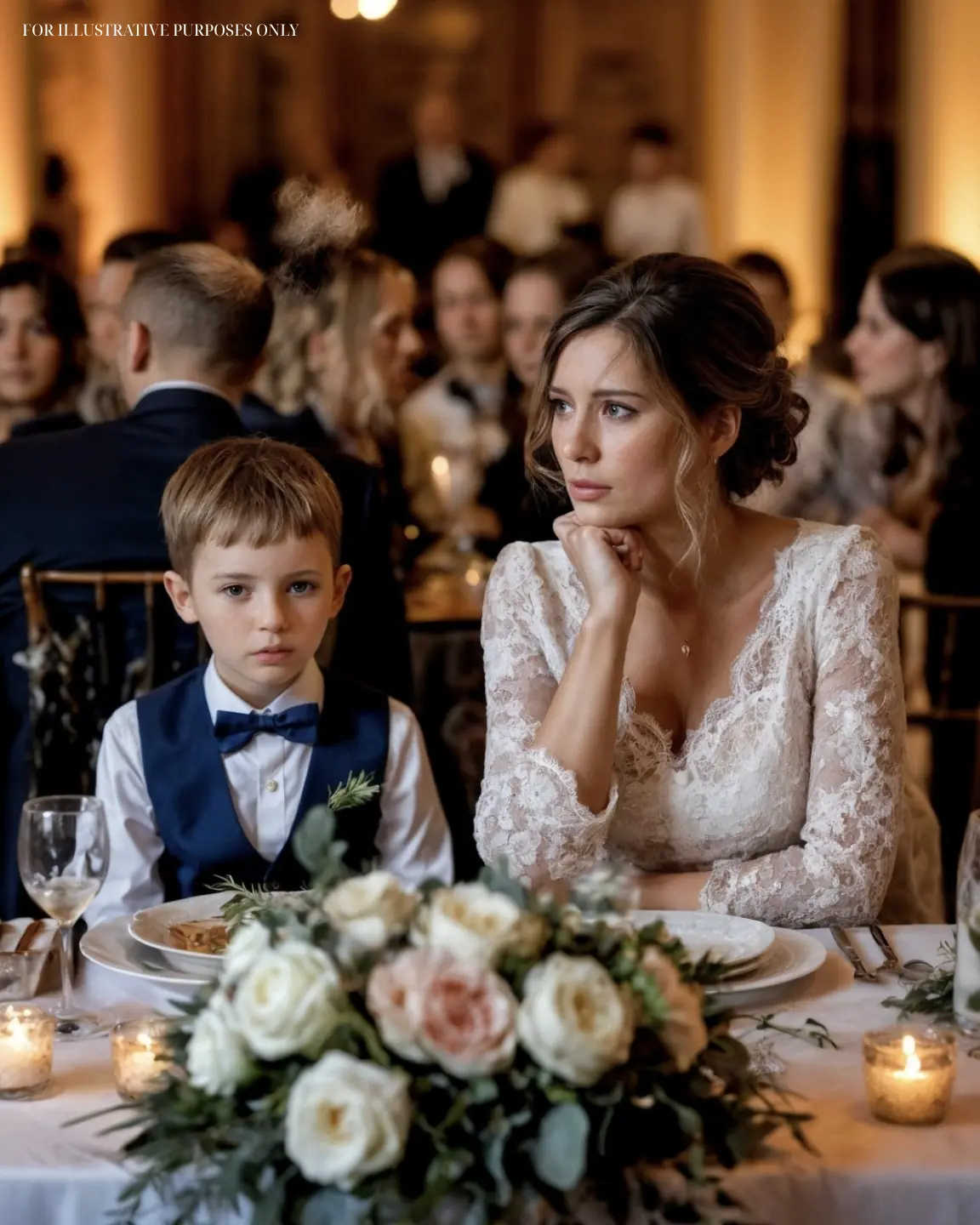
In front of everyone, my own sister humiliated me at her wedding…
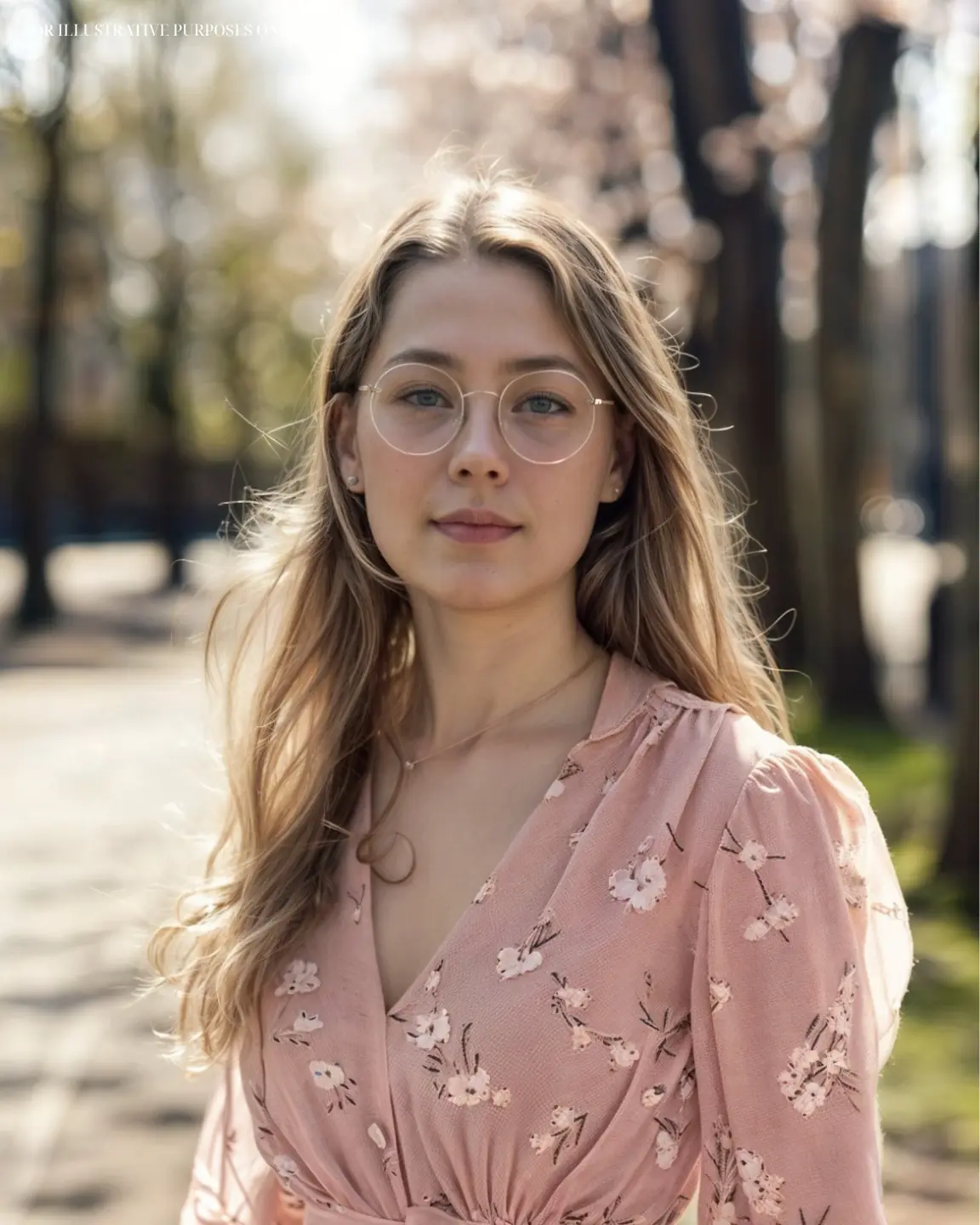
Alena! What kind of circus is this? Why did Kirill come back to me with a suitcase? Did you kick him out?

A 16-year-old boy found a small child in a car under the scorching sun. His actions impressed the passersby

Trying to take my apartment and money away? Too bad I turned out to be smarter, huh, Maxim?” — I smirked at my husband

Classmates teased a student for his poor clothes. They couldn’t imagine how he would show up at the graduation ball

— Hello, Lena! — Angelina saw her acquaintance and waved
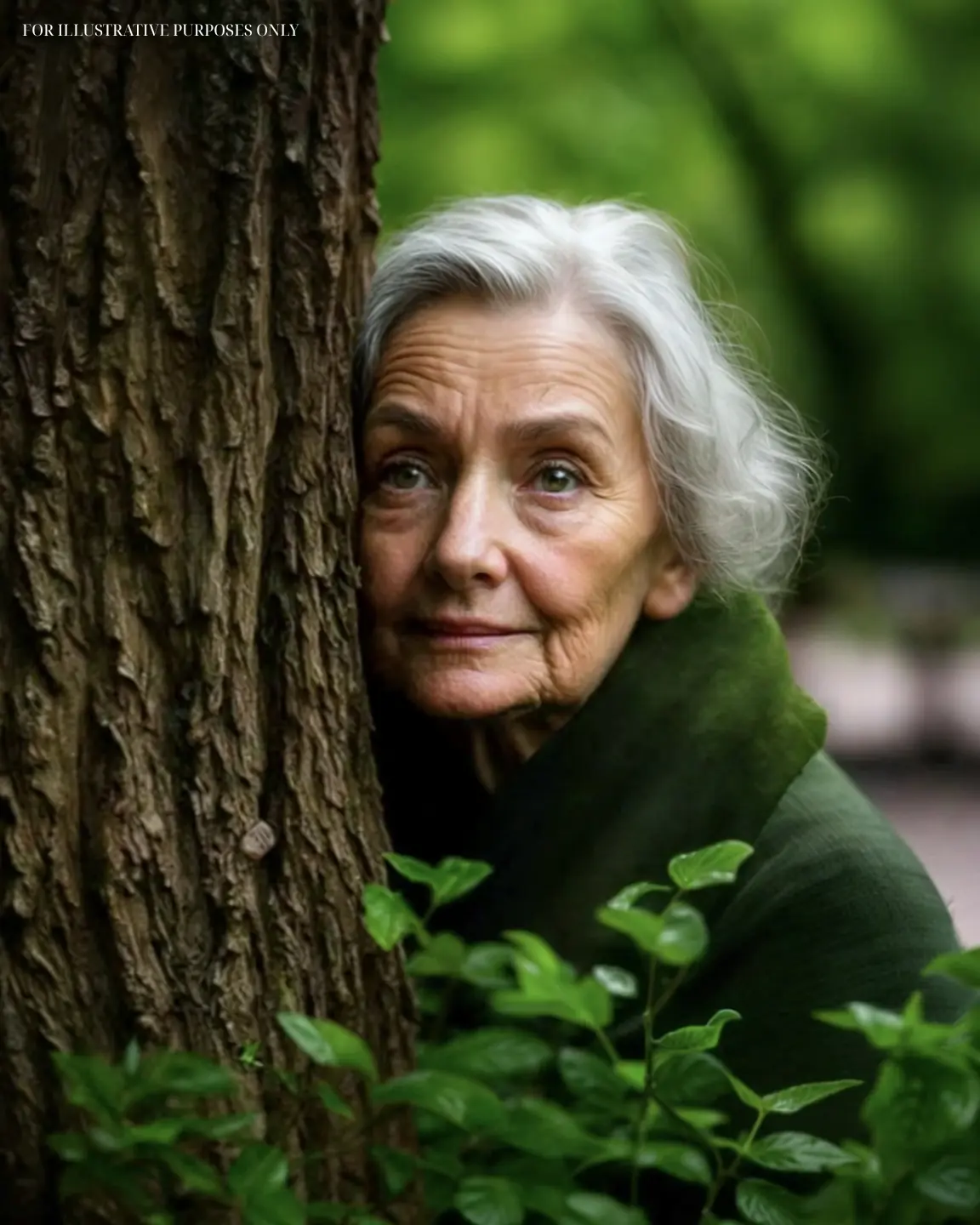
The queue at the clinic was moving very slowly. Elderly ladies went into the ENT doctor’s office and disappeared there for almost an hour

He left as soon as he found out the diagnosis of our son. And I stayed—because I couldn’t leave my child alone
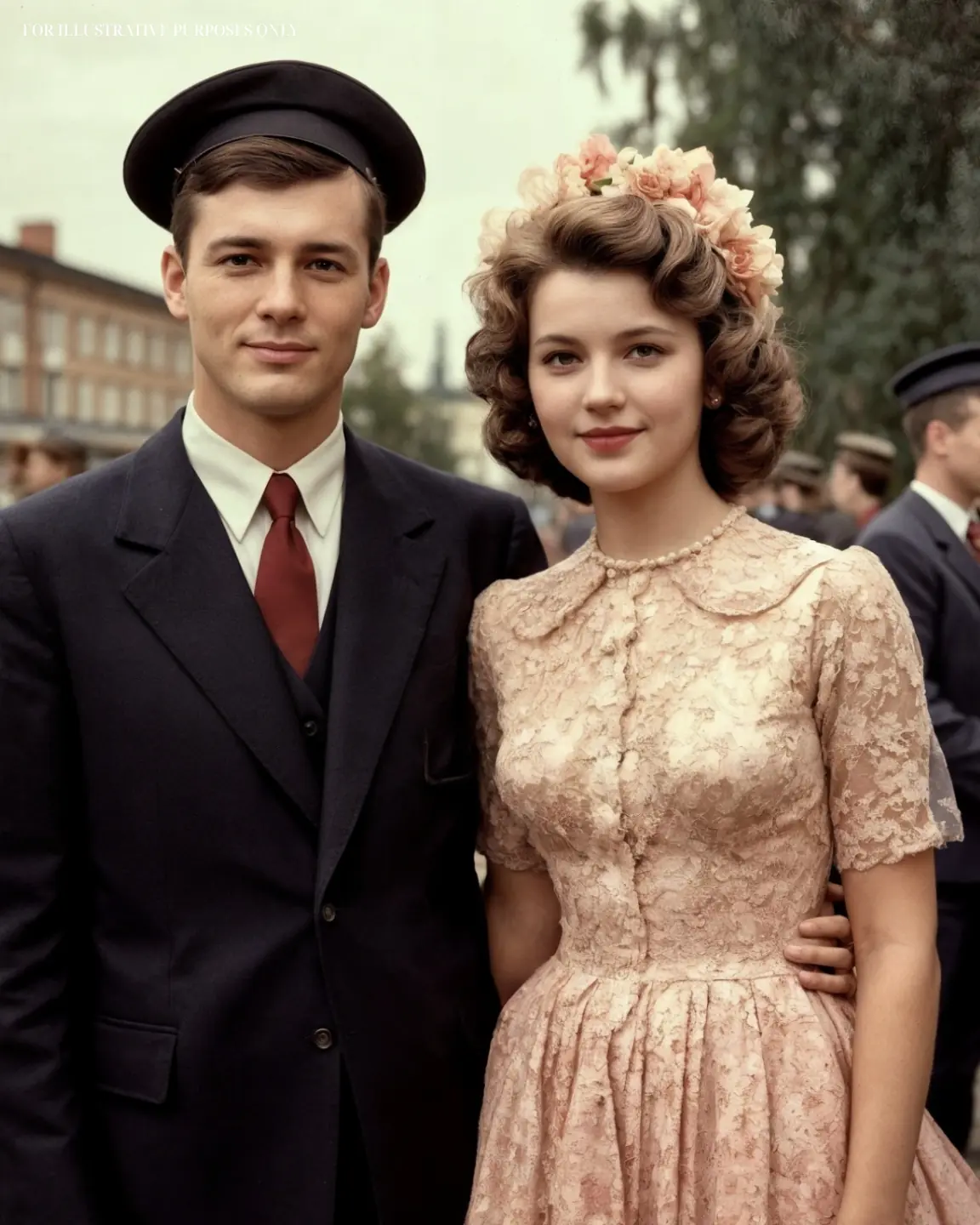
Their daughter disappeared in 1990, on the day of her graduation. And 22 years later, the father found an old photo album

We'll live off our daughter-in-law; she has a good job," the mother-in-law shared with her friend
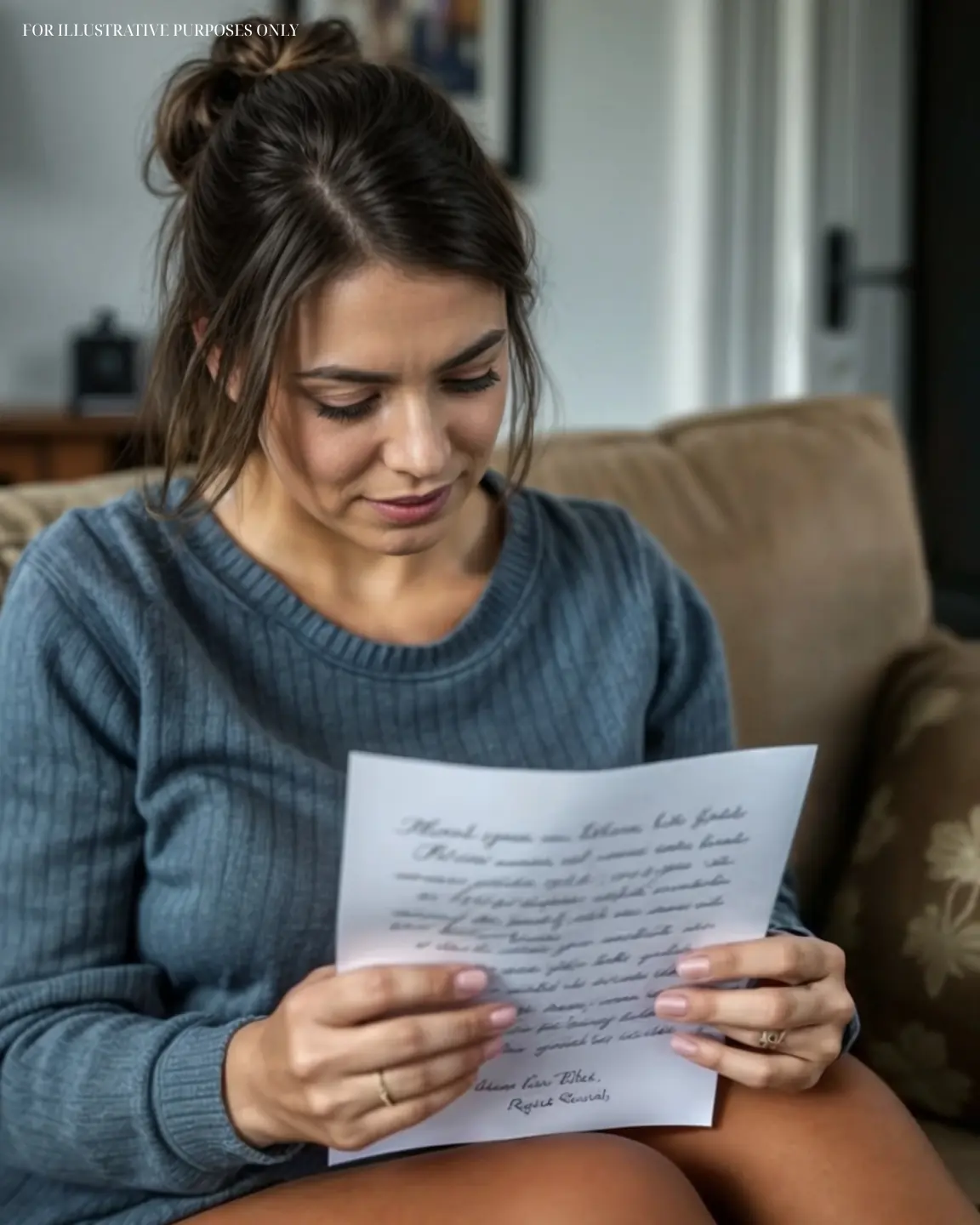
While the woman was doing a deep cleaning of the house, she came across an old letter from her deceased husband. Carefully unfolding it, she skimmed through the lines… and froze

If she needs money again, let her call the bank, not me, — Maria snapped, deleting her mother-in-law’s number from her phone

This Girl Spent 6 Years Fixing Her Jaw & After the Final Surgery, She Stunned Everyone with the Results – Her Transformation in Pics
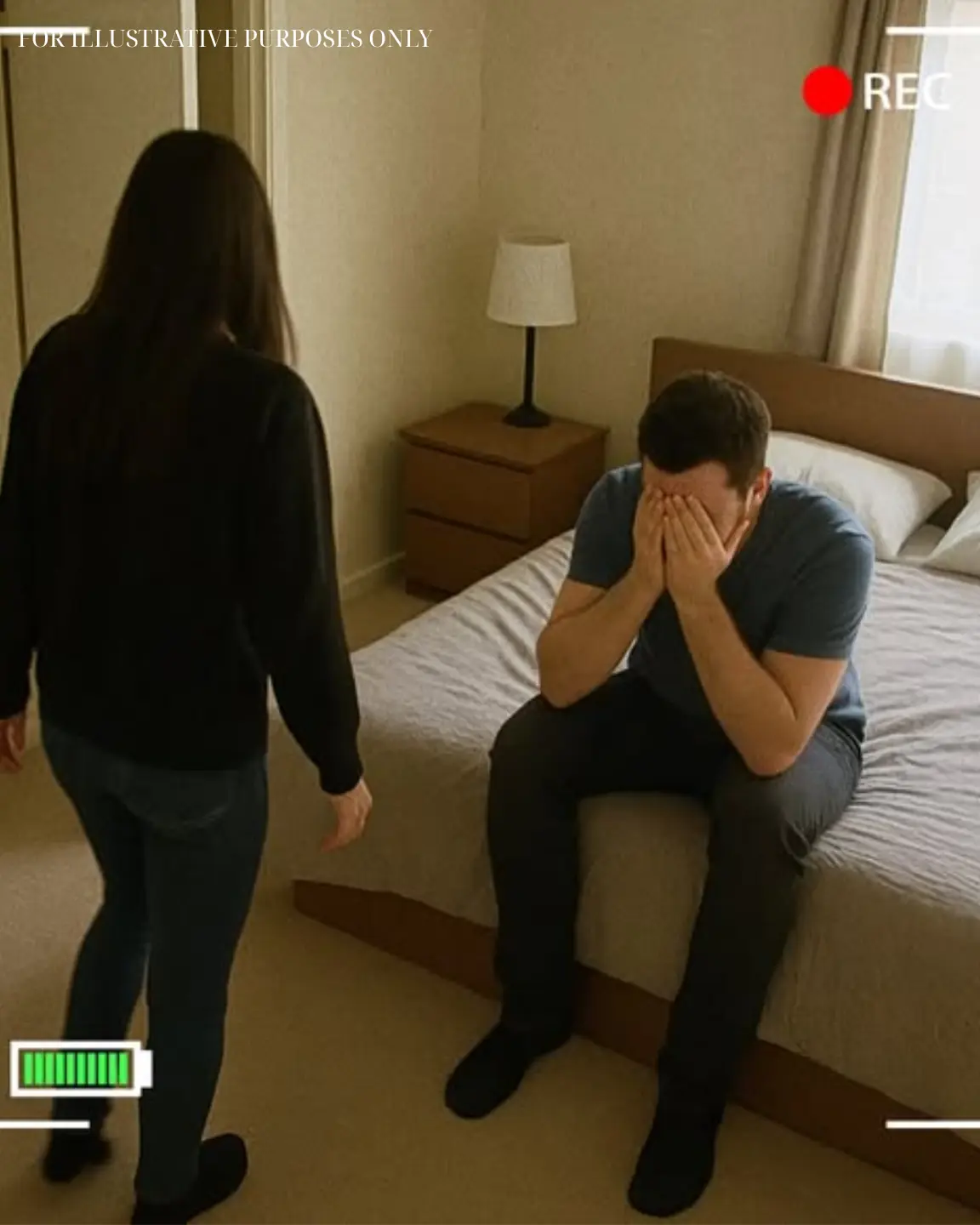
'Mom, Do You Want to Meet Your Clone?' – What My 5-Year-Old Said Uncovered a Secret I Wasn't Ready For

You’re nobody without me,» my husband declared. But a year later, in my office, he begged me for a job
News Post

5 Countries Tighten Immigration Rules, Making It Tougher For Americans To Move Abroad

Gulf Stream On The Brink Of Collapse — Scientists Warn Of Global Catastrophe

Astonishing Cancer-Fighting Power of One Juice — Even Doctors Are Surprised

5 Types of Cancer with Over 90% Cure Rate: Early Signs Everyone Should Pay Attention To

Doctor's Advice: Whether You're Rich or Poor, Never Eat These 3 Foods for Breakfast – They Can Lead to Aggressive Cancer

Lemon and Charcoal: A Natural Skin Care Secret to Save Money and Glow

Golden Energy: How Turmeric, Black Pepper, and Almond Milk Support a Healthier You

French Farmer Discovers $4 Billion Gold Deposit, But Legal Hurdles Prevent Him From Profiting

Inside The Global Seed Vault: Earth’s ‘Safest Place’ Only Opens Six Times A Year

Chilling Final Words Of Air India Pilot Moments Before Tragic Crash That Killed 265 Uncovered

Scientists Use CRISPR to Eliminate HIV from Human Immune Cells

Eat These 9 Fruits Daily to Brighten Your Vision & Prevent Cataracts Naturally (Science-Backed)

Hemorrhoids: Fast, Effective, Science-Backed Ways to Find Relief

The Plant That Closes Its Leaves When You Touch It – And May Support Your Health Naturally

Ovarian Cancer: 8 Early Signs You Need to Know

It’s Not Just Tooth Decay: 2 Common Signs in Your Mouth That Are SOS Signals From Your Body — Don’t Ignore Them

3 Early Signs of Lung Cancer You Shouldn’t Ignore — It Could Become Life-Threatening

Is Cancer Hereditary? Useful Tips to Prevent Cancer from Developing

Garlic: The Tiny Clove with Mighty Wellness Powers You Need to Know
